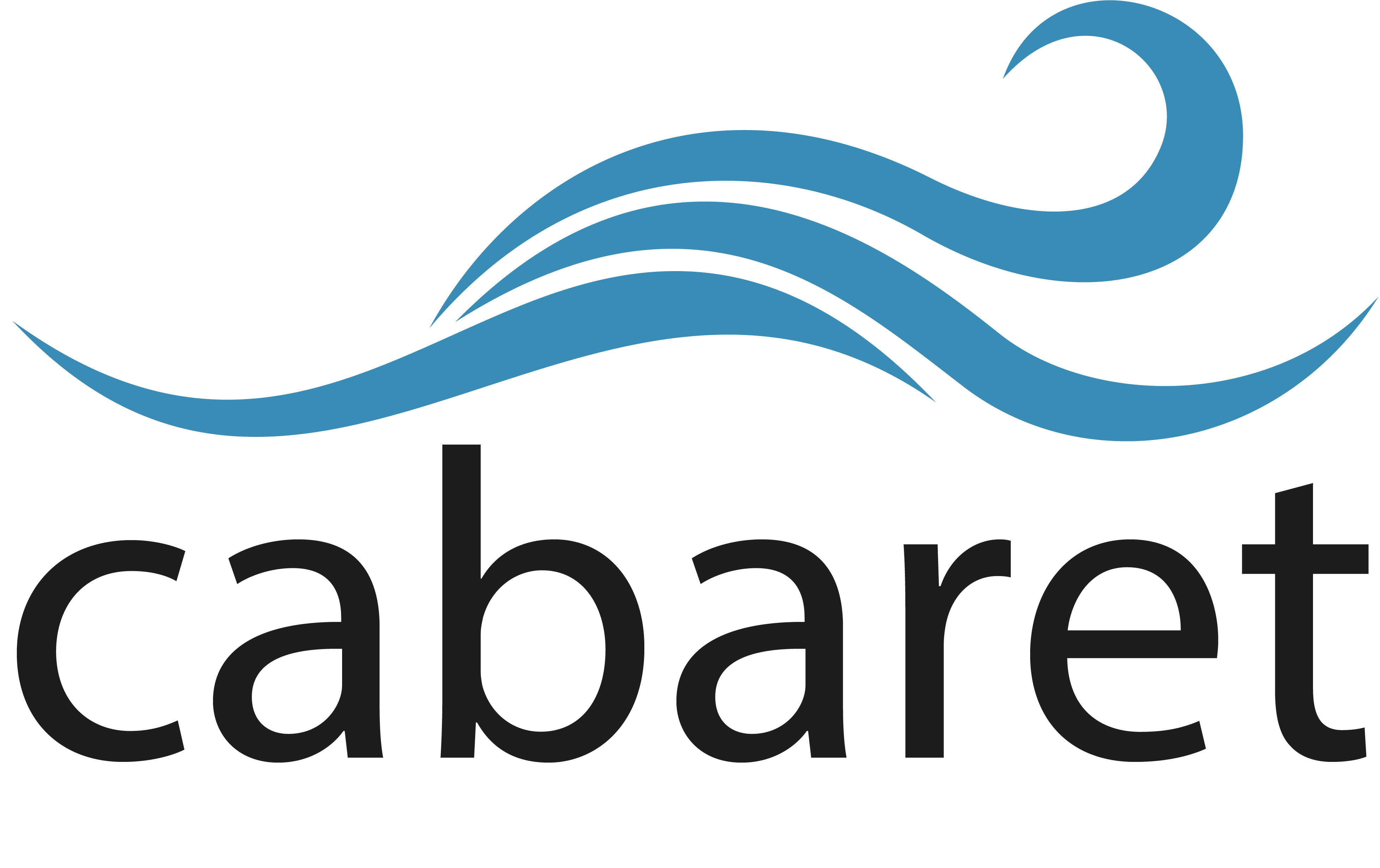CApacity Building in Asia for Resilience EducaTion - CABARET
A recent project, funded by the European Union, set out to strengthen research and innovation capacity for the development of societal resilience to disasters. The project, called CABARET (Capacity Building in Asia for Resilience EducaTion), has been providing support to build capacity for international and regional cooperation between Higher Education Institutes (HEIs) in Asia (region 6) and Europe, and among Asian HEIs themselves, to improve multi-hazard early warning (MHEW) and increase disaster resilience among coastal communities.
CABARET has been co-funded by an EU Erasmus+ programme grant, and initially ran for three years. The project has been led by the University of Huddersfield’s Global Disaster Resilience Centre, based in the UK. They have been joined by a consortium of 15 European and Asian higher education institutions from Bulgaria, Indonesia, Latvia, Maldives, Malta, Myanmar, Philippines, Spain, Sri Lanka and the UK. Further, the project team has been working with 3 associate partners: Asian Disaster Preparedness Centre (ADPC), IOC/UNESCO and the Federation of the Local Governments Association in Sri Lanka.
Over the last three years, the CABARET consortium has been identifying research and innovative capacity needs across Asian higher education institutions in Indonesia, Maldives, Myanmar, Philippine and Sri Lanka, and contributed to building capacity that can broaden early warning to provide a comprehensive, multi-hazard framework. This website contains further information about the project’s activities and outcomes.
The new UN Sendai Framework for Disaster Risk Reduction, agreed by member states in 2015, includes a strong call for higher education to support the understanding of disaster risk and promote risk-informed decisions and risk sensitive planning from the local to the global levels.
Researchers and educators must work at the regional level, and with policy-makers and practitioners to co-design and co-produce research that can be used effectively. Higher education must also play a vital role in translating that research into action through its educational programmes. Capacity should be developed through scientific research and development of knowledge bases as well as through education and training.
The overall goal of this initiative was to build capacity within Higher Education that develops a regional, self-perpetuating fund of knowledge and experience in MHEW, and the development of more resilient coastal communities. For further information on the CABARET project, contact Professor Richard Haigh (This email address is being protected from spambots. You need JavaScript enabled to view it.) and Professor Dilanthi Amaratunga (d.amaratunga@hud. ac.uk) or visit the website at http://cabaret.buildresilience.org/index.php


